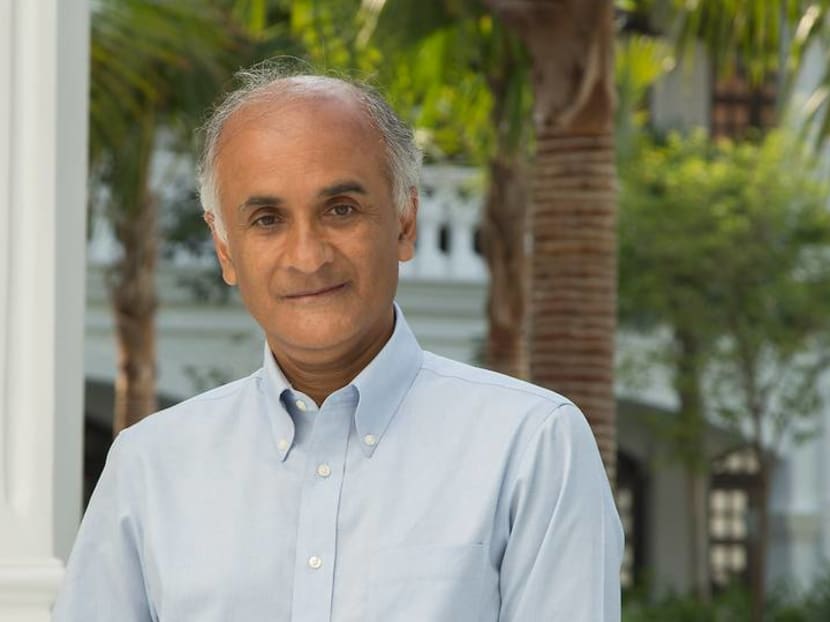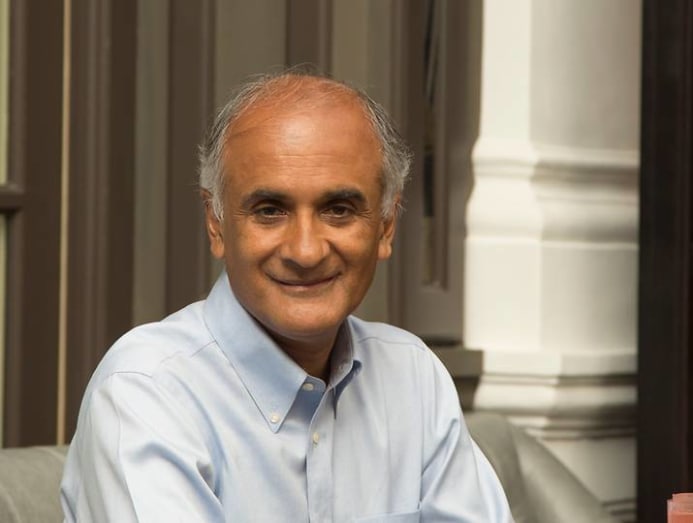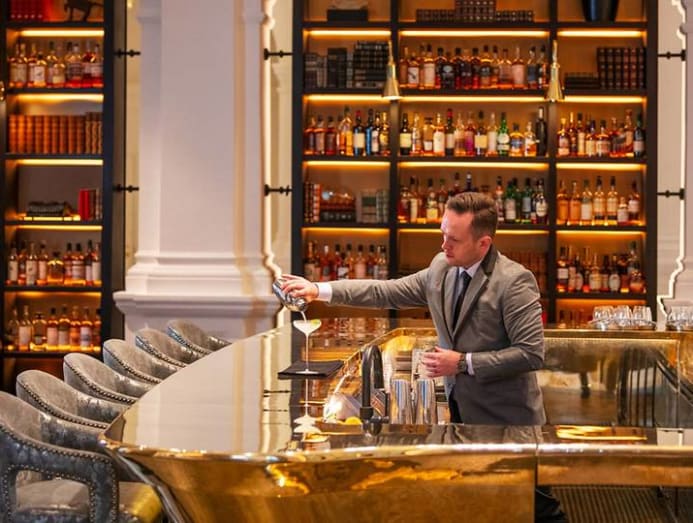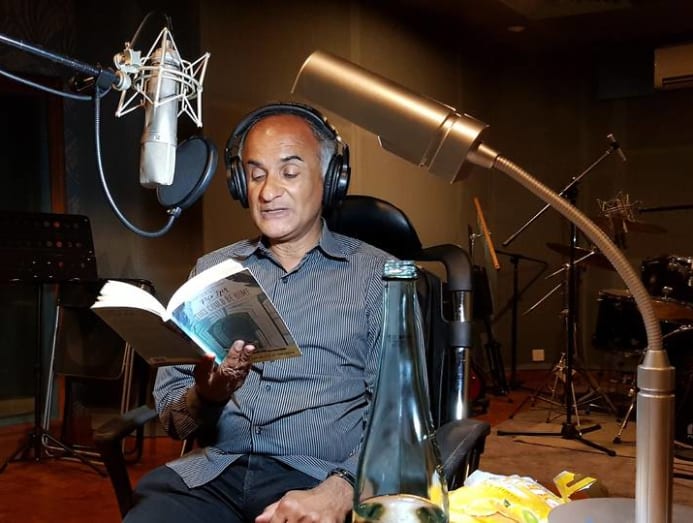Why travel writer Pico Iyer stopped eating fast food and shuns Instagram
What does the legendary scribe think of bloggers and influencers?

Pico Iyer at the Raffles Hotel, his residence in Singapore for a few weeks. (Photo: Raffles Hotel)
Renowned travel writer and novelist Pico Iyer famously does not use a mobile phone, so it’s more or less a given that he doesn’t take any vacation selfies and post them on social media. He doesn’t even own a camera, much less a Facebook account.
It’s like he’s trying his hardest not to fit in to the world he lives in.
When you think about it, that may be the most comfortable state of being for the American writer born in the UK to Indian parents who has lived in suburban Japan for the last 27 years with his Japanese wife, and whose writings address the theme of belonging nowhere and everywhere at the same time.
That’s a theme that surely has historical resonance in Singapore, he pointed out, over a chat at the Raffles Hotel.
READ> Two years later: First look inside a brand new Raffles Hotel Singapore
“I suppose a lot of my writing has been about, ‘How do we love, how do we dream, how do we write’, when we’re living in many different places at once; when our sense of belonging is not confined to one place but is fluid. And I think most people in Singapore have a sense of home that’s about the passageways between places,” he mused.
“That is so different from my grandparents’ age, when people, almost at birth, were given a very fixed sense of what their race and religion and tribe and home was, and where their sense of belonging was…. I’m interested in how Singapore brings together people with these wider senses of belonging in a kind of literal common wealth, telling them to leave their categories behind but almost to be joined by the ideals they have and the future they create.”

Iyer was in Singapore as The Raffles Hotel’s first writer-in-residence, a new programme that invites writers from anywhere in the world to spend a few weeks at the iconic hotel. His latest book This Could Be Home: Raffles Hotel And The City Of Tomorrow, published by Epigram Books, revolves around the hotel. And the blurb on the back cover begins with, “Home is not something you’re born with.”
Marvelling at how the hotel and the city around it has changed, Iyer recalled his first visit to The Raffles Hotel in 1984: It was “rather dusty and neglected. Inexpensive. Although the feel was much less elegant than it is now, it still had the high ceilings and the slowly turning fans. And I think most important, the sense, that’s so pronounced now, of quiet and privacy. And I thought, well, this is a place that gives a writer space to write, but also a lot of material to write on.”

He continued: “In those days my job was to be cooped up in a 25th floor office in midtown Manhattan, writing eyewitness accounts of places I’d never seen for Time Magazine. I think it really planted various seeds in my mind… Coming to a place like Singapore, there’d never be a shortage of things to write about.”
One of the biggest differences between the Raffles Hotel of then and now, though, is that now, “I raise and lower my curtains in my room with an iPad,” he chuckled.
It seems as if he can’t run from technology for much longer. As one of the old guard of acclaimed travel writers, what does Iyer think of the fact that people are now getting their travel inspirations from listicle-writing bloggers, sponsored influencers, and in the form of square-cropped photos? How does he feel when he sees articles with titles like, “10 most Instagrammable umbrella shops in Scotland”?
“Diminished attention span doesn’t delight me,” he said, with a chuckle. “But I think humans haven’t changed. Humans have some mechanism that realises we’re not being sustained by that. I think of it as the equivalent of junk food. And actually, for much of my life, I would eat often at McDonald’s and Kentucky Fried Chicken. At some point, I thought, ‘Gosh, it’s not really filling me up. I’m more hungry when I leave. It is my reflex to do it, but this is not nourishing, in some deep way.’”
He continued, “We’ve all got on this accelerated roller coaster we never quite wanted to get onto, and we don’t know how to get off it. But the power to get off is probably in our hands, so it’s probably just a matter of our choice.”

Besides, he said, “When my friends tell me, ‘You’ve got to go to this place or that place in Paris or Singapore’, I often won’t listen to them. When a stranger whom I’ve never met and I know nothing about says that online, I’m sure I wouldn’t listen to her. She may know a lot about Singapore, but she wouldn’t know about my tastes or my eccentricities.
"I think the nature of travel is that we want to make our own discoveries. And the virtue of the '10 umbrella shops in Scotland' is that while you’re walking to one, you get lost, and you find the best cathedral in Scotland, or the best unknown coffee shop, or whatever it might be.”





